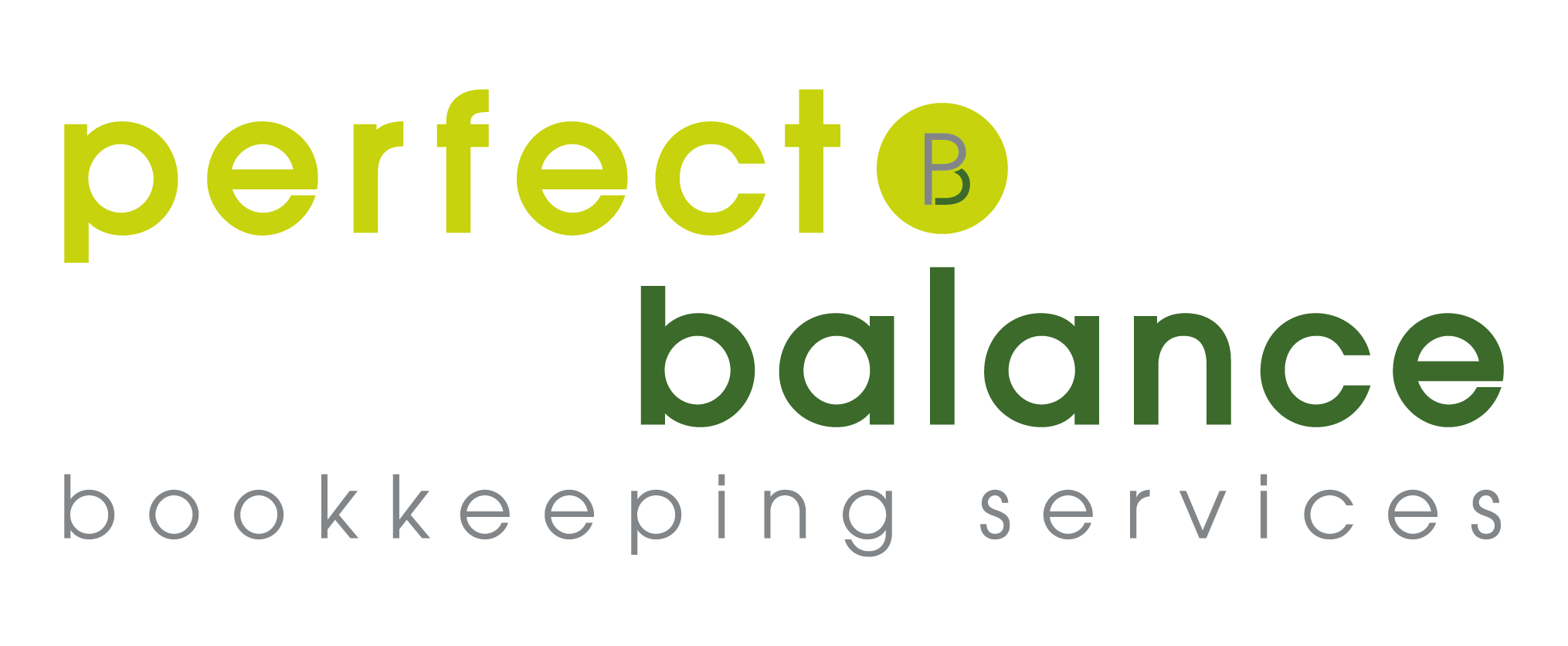The Construction Industry Scheme (CIS) applies to contractors and subcontractors in the construction industry.
It was introduced by HMRC to tackle tax evasion in the construction industry.
Its purpose is simple: it ensures that contractors deduct tax from payments to subcontractors and pass those deductions on to HMRC. These deductions count as advance payments towards the subcontractor’s tax and national insurance.

Who needs to register?
CIS covers most construction work to buildings, including site preparation, decorating and refurbishment. CIS applies to contractors and subcontractors. If you’re a contractor, you must register for CIS. Subcontractors are not required to register for CIS, but it can be beneficial. If you register for CIS as a subcontractor, HMRC calculates deductions at 20%, instead of 30%. In this way, you will pay a lower amount to HMRC every month.
💡 The scheme does not apply to payments made to employees; this is covered by the PAYE system.
Tax Deduction Rates
There are 3 different tax rates that can be applied:
30% – For those who are not registered
20% – Standard rate
And if you’re eligible, you might be able to register for gross payment status, meaning no deductions are made and you handle your own tax payments.
To qualify for gross status, you will need to prove to HMRC that you’ve paid your tax and contributions on time in the past and that your business provides construction services in the UK. Gross payment status allows you to manage your cash flow more effectively, as you will receive the full amount without deductions.

Register for CIS as a contractor
As a contractor, you must register for CIS before taking on your first subcontractor. You’ll need to set up as a new employer via HMRC. Once you’ve registered, you’ll receive your employer PAYE reference number.
Check if you should be employing a worker rather than subcontracting them, or you could face a penalty.
💡 You will need to register as an employer before you can add or pay a subcontractor.
Register for CIS as a subcontractor
Subcontractors can register for the Construction Industry Scheme online. You’ll need your government gateway ID and password, as well as your Unique Tax Reference number (UTR).
If you’re a new subcontractor, you can register for Self Assessment and CIS at the same time. When you register for Self Assessment, select ‘working as a subcontractor’.
Subcontractors don’t need to register for CIS, but doing so will save you 10% on your tax bill. That’s because deductions are taken from your payments at a higher rate if you’re unregistered.
If you would rather pay tax and National Insurance in full, you can apply to do a gross payment instead. You won’t have any CIS tax and National Insurance deductions made before you receive payments, but you’ll need to pay your full bill at the end of the year.

What happens if you don’t register for CIS?
Subcontractors that don’t register for CIS will pay a tax deduction rate of 30%. Those that do register as subcontractors will be charged 20%, a saving of 10%.
What are the benefits of CIS?
Registering for CIS has several benefits, whether you are a contractor or subcontractor. Those include:
-
Improving cash flow. Contractors make a 20% deduction from the subcontractor’s invoice, instead of the 30% HMRC would deduct for unregistered subcontractors.
-
Spreading the cost of tax and National Insurance across the year. If you’re a subcontractor and work for a contractor, your monthly deductions will count towards your tax and National Insurance bill – so there’ll be no nasty surprises come year end.
Verification Process
Before you pay a subcontractor, you will need to verify them with HMRC. You can do this by using the HMRC CIS Online Service (insert link), Commercial CIS software or an accounting software like Xero (insert link).
To verify someone, you will need their (Sole Trader OR Limited Company):
1. First and last name OR Limited Company name
2. Personal UTR (Unique Taxpayers Reference) OR Company UTR
3. National Insurance Number OR Limited Company Registration Number
HMRC will then provide you with the correct deduction rate and tell you whether they are registered. Once verified, you can process the invoice and make payment with the correct deductions.

CIS Returns
A CIS return is a monthly report filed with HMRC that contractors must submit to show how many subcontractors they’ve paid and how much has been deducted.
The report must be submitted by the 19ᵗʰ of every month covering the 6th of the previous month to the 5th of the current month.
💡 If you have made no deductions that month, you will still need to file a NIL return. If you don’t you will be fined!
How to file CIS returns
You can file direct through your government gateway account or through your accounting software.
Subcontractor Deduction Statements
If you have made deductions, you must provide each subcontractor with a ‘payment and deduction statement’ within 14 days of the end of each tax month.
💡 We would advise you to send these statements immediately after you have filed the CIS return.

How to pay CIS due
Finally, you need to pay HMRC any deductions you have made.
When you register as a contractor, HMRC will set up a payment scheme for you. If you already have employees, they will change your existing PAYE scheme to a PAYE/CIS scheme.
You should make one payment each month or quarter (depending on how you set up your scheme) to cover your PAYE tax, National Insurance and CIS deductions.
The payment due date is the 22ⁿᵈ of every month.
You can pay by:
-
Direct debit
-
BACS
-
Debit or credit card.
